Data Analyst Certification Course in Chennai, IN
(4.7) 9820 ratings.

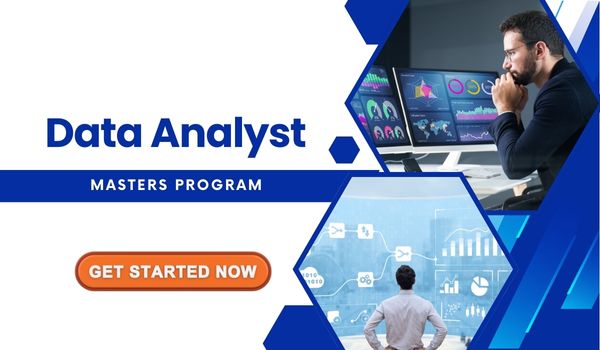
(4.7) 9820 ratings.


Next Batch Starts
Program Duration
Learning Format
GoLogica Academic's Master Program features a structured curriculum, paving the way to Global scope.
GoLogica having a 15+ years of experience on career transforming programs with industrial oriented Skills.
GoLogica Advanced Programs delivers cutting-edge AI Training, offering insights into the latest trends.
GoLogica emphasizes practical learning with exercises, projects to equip you with real world application.
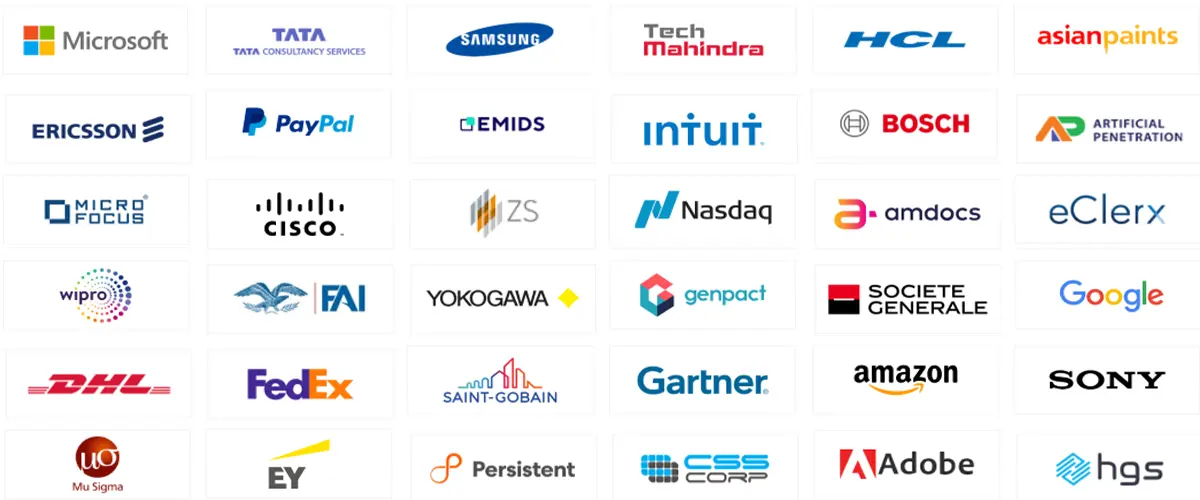
Start your professional journey in GoLogica with the Data Analyst Certification Course! The program was created for anyone from Chennai with an interest in data analysis from Chennai. This program will train the participants in the use of data analysis tools such as Python, SQL, and Tableau, among others. High-paying jobs are available with Zoho, Freshworks, and TCS for Data Analysts, which is the future you will be shipped upon completing this course. Build your experience, gain knowledge from professionals, and acquire the best job positions in Chennai.
From the above-discussed GoLogica Data Analyst Certification Course, it can be seen that this course is perfect for any candidate in Chennai to have a good career in data analysis. With the growth of successful data analysis as an important factor in the effective management and survival of business organizations, there has been an urgent need for data analysis in Chennai. They are willing to pay good salaries to data specialists who can transform big data into useful insights.
In Chennai, the demand in the field of data analysis is increasing daily, and organizations are offering good pay scales and opportunities for growth. Hence, it is possible to say that the IT sector in the city is quite developed, and it will be interesting for professionals in data analysis to build a career. Completing this course will provide you with the knowledge and self-esteem that can qualify you to seek numerous well-paid employment opportunities in most organizations.
If you’re a fresh graduate or working in another field but planning to switch to data analysis, GoLogica Data Analyst Course offers the information, tools, and official status to succeed in a difficult job search. Join today at Manipal Universal today and be part of this future and become a good data analyst in Chennai.
In the GoLogica Data Analyst Training, you will learn:
Key Highlights
GoLogica Oracle SQL training provides comprehensive instruction in SQL, covering database management, data manipulation, and more. Gain hands-on experience in this essential database language with expert-led training and advance your career with GoLogica.
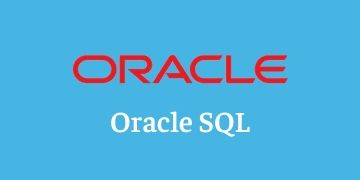
GoLogica Tableau Training helps you master data visualization and business intelligence with Tableau. Our comprehensive training program covers all the essential topics, including data connections, calculations, dashboards, and more. Enroll now and learn from industry experts!
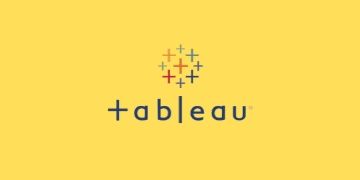
Learn the GoLogica Data Analyst Master Training—it's interactive and perfect for the real world. You get support all the time, learn practical things from industry experts, and choose when you want to have classes. Our experienced professionals will guide you, and you can access study materials for free.
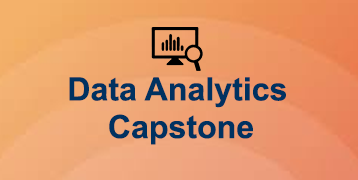
The GoLogica Business Analytics with Excel course goes beyond the basics and explores advanced features of Microsoft Excel. Study how to analyze large sets of data, make decisions based on them, generate impactful visualizations, and unlock important business information.
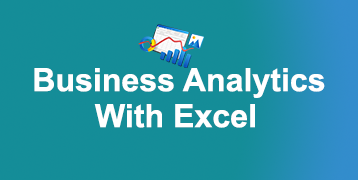
Programming Basics and Data Analytics with Python is a complete course offered by GoLogica. Learn the fundamentals of programming and data analytics using Python. Gain skills in programming fundamentals, data manipulation, statistical analysis, and data visualization.
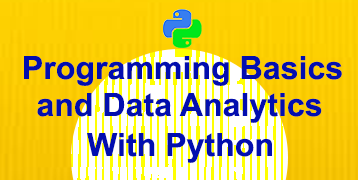
The GoLogica Data Analytics with R class helps you learn R programming so that you can do powerful data analysis. Take part in live classes, work on real projects, and better your job with data analysis. Sign up now to learn by doing and get a certification known all over the world.
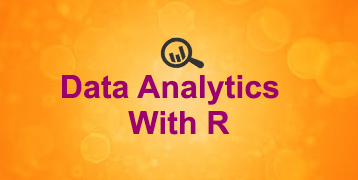
Learn data science with the GoLogica R Programming course. Learn the basics of R and then move on to advanced machine learning. This complete training gets you ready for a successful career in data science. Join now to get hands-on experience and earn a certification recognized worldwide.
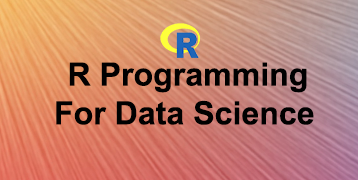


This will help you to better understand the Data Analyst industry.
you will be able to grow your career by broadening your proficiency in Data Analyst.
With this, the students will be able to decide their careers in the right way.
We Help with face-to-face interaction through mock interviews & Exams

Powered by
Paypal
Debit/Credit
UPI
GoLogica Data Analyst Certification holds accreditation from major global companies worldwide. Upon completion of both theoretical and practical sessions, we offer certification to both freshers and corporate trainees. Our certification on Data Analyst is recognized globally through GoLogica, significantly enhances the value of your resume, opening doors to prominent job positions within leading MNCs. Attainment of this certification is contingent upon the successful completion of our training program and practical projects.
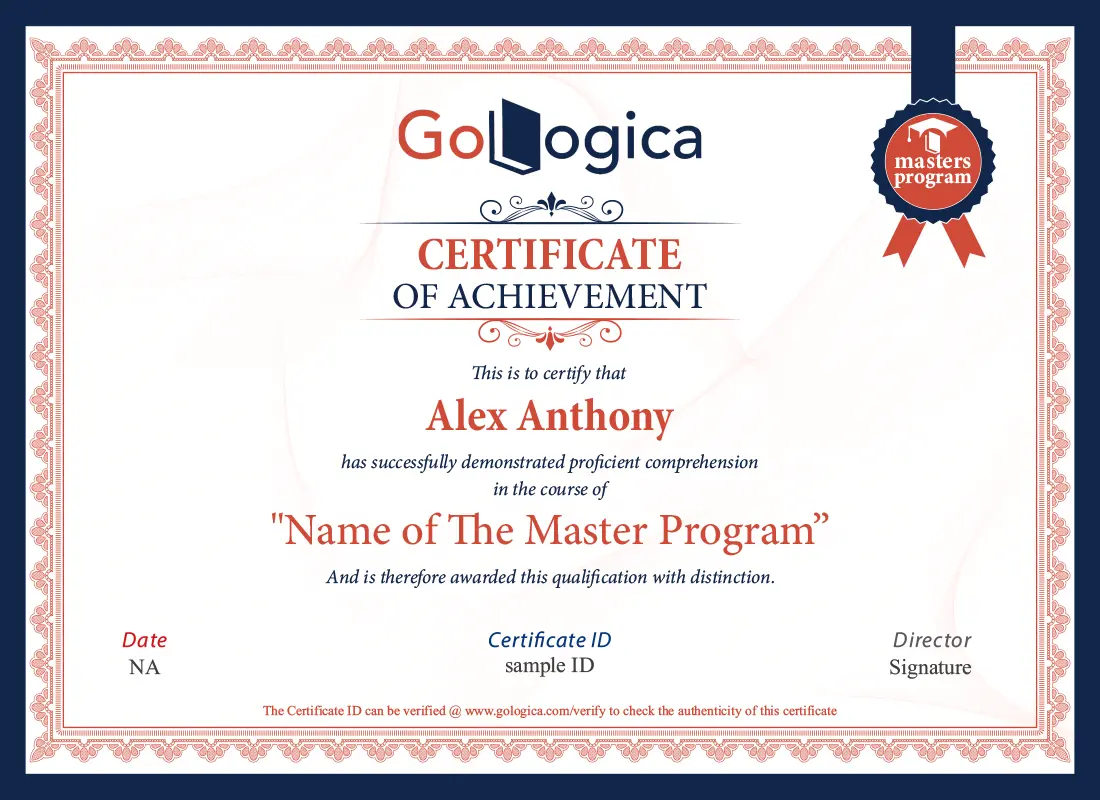
The U.S. Bureau of Labor Statistics forecasts a 25% increase in employment for information security analysts from 2020 to 2030, significantly outpacing the average for all occupations. Additionally, Data Analysts Ventures predicts 3.5 million unfilled Data Analysts jobs worldwide by 2025.
According to the BLS, Data Analysts professionals are well-compensated. The median annual wage for information Data Analysts Specialist was $ $60,000 to $70,000 PA It’s depending on factors such as experience, location, and specific job responsibilities
Are you preparing for a interview? If yes, our expert tutors will help you with this.
Data analysts make use of numbers and data to help companies make best business decisions. They prepare, process, evaluate, and visualize data, identify patterns & trends, and provide answers to key queries. This helps the company authority to make correct business decisions.
This course is good for individuals with programming and non-programming backgrounds. However, it would be good if you have a basic knowledge of certain programming languages. It includes Java, R, SQL, or Python.
The Data Analysis process includes collecting, cleaning, modeling, organizing, and visualizing data. Its main aim is to extract helpful insights for making perfect decisions.
For this, you must have a detailed understanding of Python or R programming languages, SQL, regression, data visualization methods, statistics, etc. It would be better to join the Data Analysis Master’s Program by GoLogica.

178 learners (4.9) 6 Months View Program

263 learners (4.8) 6 Months View Program

189 learners (4.9) 6 Months View Program

154 learners (4.1) 6 Months View Program